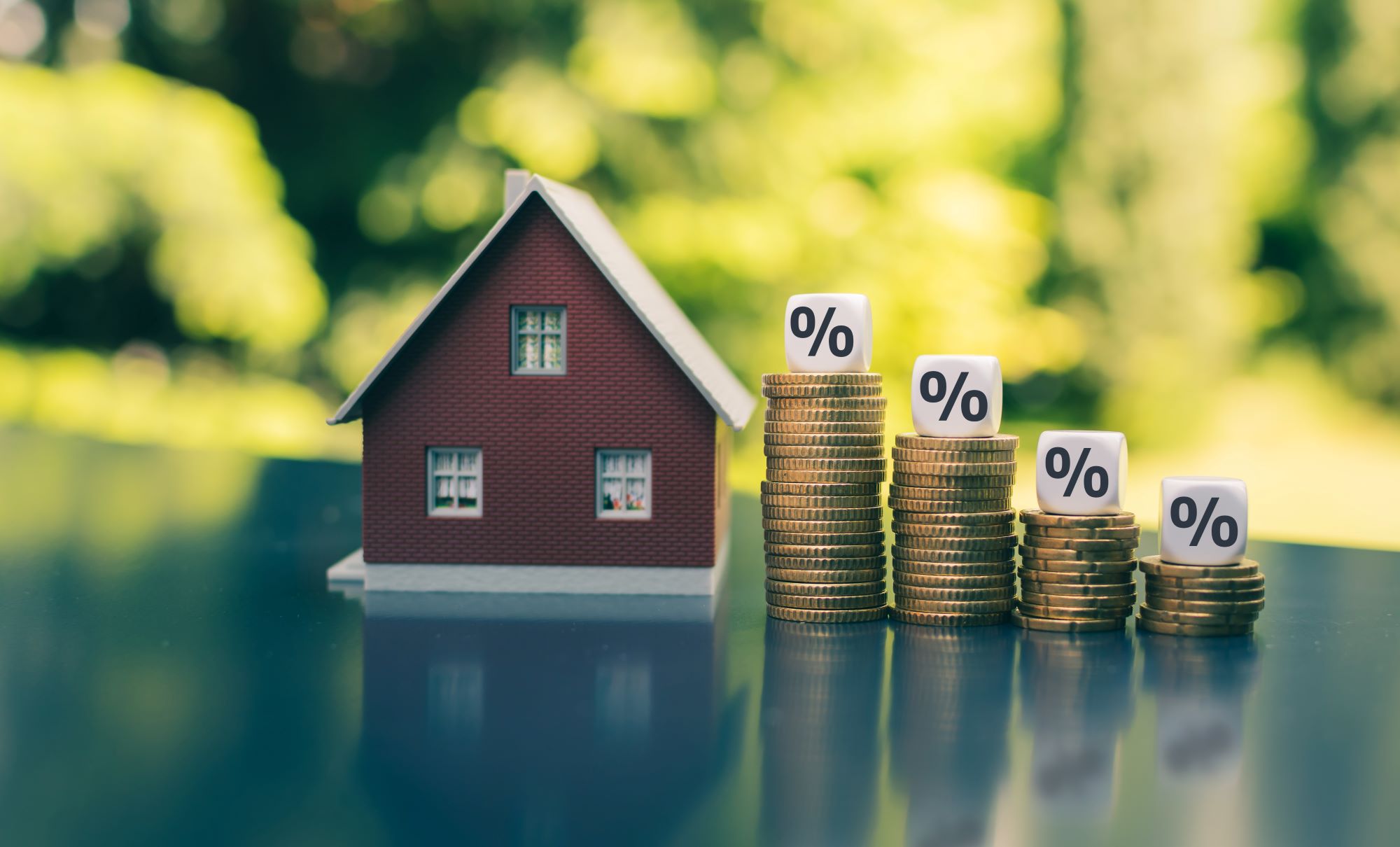The Best Ways To Find The Most Affordable Mortgage
One of the most crucial steps in the home-buying process is securing a mortgage that fits your needs and budget. While securing the perfect mortgage can pose a daunting task, regardless of whether you're a first-time homebuyer or a seasoned property owner, don't worry- it's possible to position yourself for the most favorable mortgage rates.

Finding the most affordable mortgage
A favorable mortgage rate is crucial because it could affect your monthly payments and the total amount you'll pay over the loan's term. Even small variations can make a significant difference. Picture this: you're looking to buy a home and need a $200,000 mortgage. If you can secure a 3.5% interest rate instead of a 4% interest rate on a 30-year loan, you could save over $30,000 as you pay off the loan.
That's significant money that could be used elsewhere in your financial plan. So, it's essential to look for the best mortgage rate and do what you can to get approved for the lowest rate possible.
Ready to start your quest for the most affordable mortgage? Here are some valuable tips to follow:
1. Shop around
Taking the time to shop for the best mortgage can potentially help you save thousands of dollars in interest payments over the course of your loan.
As a good start, research and compare mortgage rates and terms from multiple lenders. Be sure to consider not just the interest rate but also the loan fees, points, and closing costs. Moreover, reviewing the lender's reputation and customer service track record is also important. You can use resources like Origination Data to compare, assess, and check different lenders and their rates to find the one that fits your requirements.
Once you've narrowed your options, apply for pre-approval with at least three lenders to compare the loan offers and terms. Pre-approval could also give you a better idea of how much you can afford to borrow and your monthly payments. And when reviewing loan offers, don't hesitate to negotiate for better terms or ask the lender to match or beat a competitor's offer.
Finally, be sure to read and understand all the terms and conditions of your loan before signing on the dotted line.
2. Boost your credit score
Improving your credit score is a smart move when it comes to securing a low mortgage interest rate, as even a slight increase can mean significant savings on your end. While a lower score won't necessarily prevent you from obtaining a mortgage, it can lead to less favorable terms, making it essential to do your best to improve your credit before applying for a home loan.
To boost your credit score, review your credit report and correct any errors. Next, make sure your bills are paid on time, reduce your credit card balances, and avoid opening new lines of credit. Having a mix of credit types, such as a combination of credit cards, loans, and a mortgage, can also help boost your credit score. Lastly, it's essential to maintain a long credit history, as this can demonstrate your creditworthiness to lenders.
3. Make a larger down payment
A larger down payment can demonstrate your financial stability and ability to save, making you a less risky borrower in the eyes of lenders. This reduces the risk of defaulting on the loan, which means lenders may be more inclined to offer you a lower interest rate on your mortgage.
Additionally, a bigger downpayment can help you avoid private mortgage insurance (PMI), typically required for those who put down less than 20%. PMI can add up to hundreds of dollars a month to your mortgage payment, making it even more important to consider a larger down payment if possible. Ultimately, a bigger down payment can save you money in the long run and makes you a more attractive borrower to potential lenders.

4. Consider a shorter-term loan
Lenders consider shorter-term loans less risky, which may result in lower interest rates. For example, suppose you opt for a 15-year mortgage. Although the monthly payments may be higher than a 30-year mortgage, the interest savings over the loan's life could save you tens of thousands of dollars. Additionally, a shorter loan term means that you will own your home outright much sooner, which can provide a sense of financial security and freedom. Once the loan is paid off, you will no longer have a monthly mortgage payment to worry about.
Final words
Purchasing a home is not just a financial decision but an exciting journey that almost 40% of Americans are planning to embark on, with 99.3 million people intending to buy a home soon, as per NerdWallet's 2020 Home Buyer Report, proving that owning a home is still a big part of the American Dream.
Amid your excitement, it's important to remember that preparation is key to finding the best rates possible. Start by getting your credit score in order, saving for a sizable down payment, and shopping around for different lenders. With some planning, you can ensure that your dream of homeownership doesn't come with an unnecessarily high price tag.